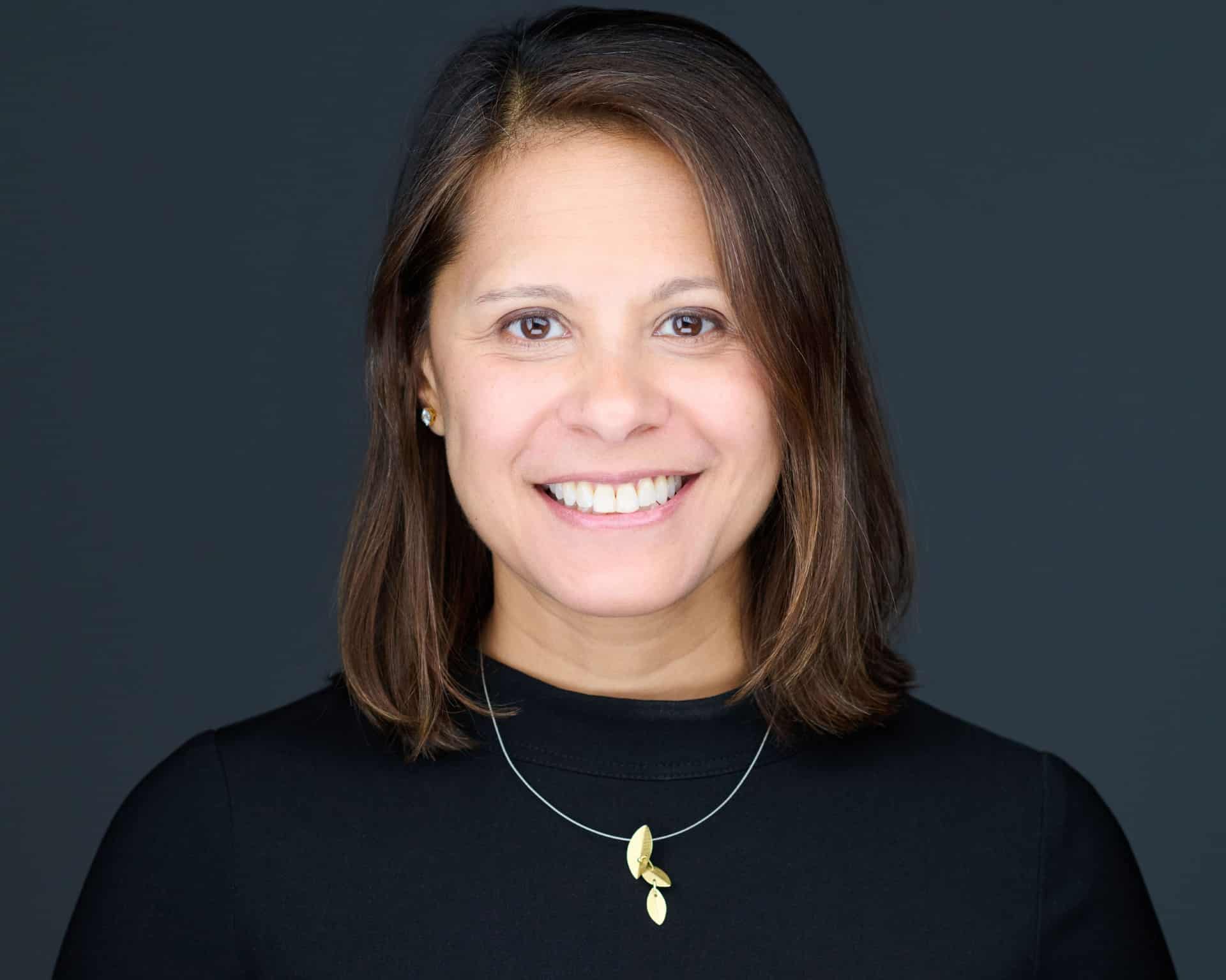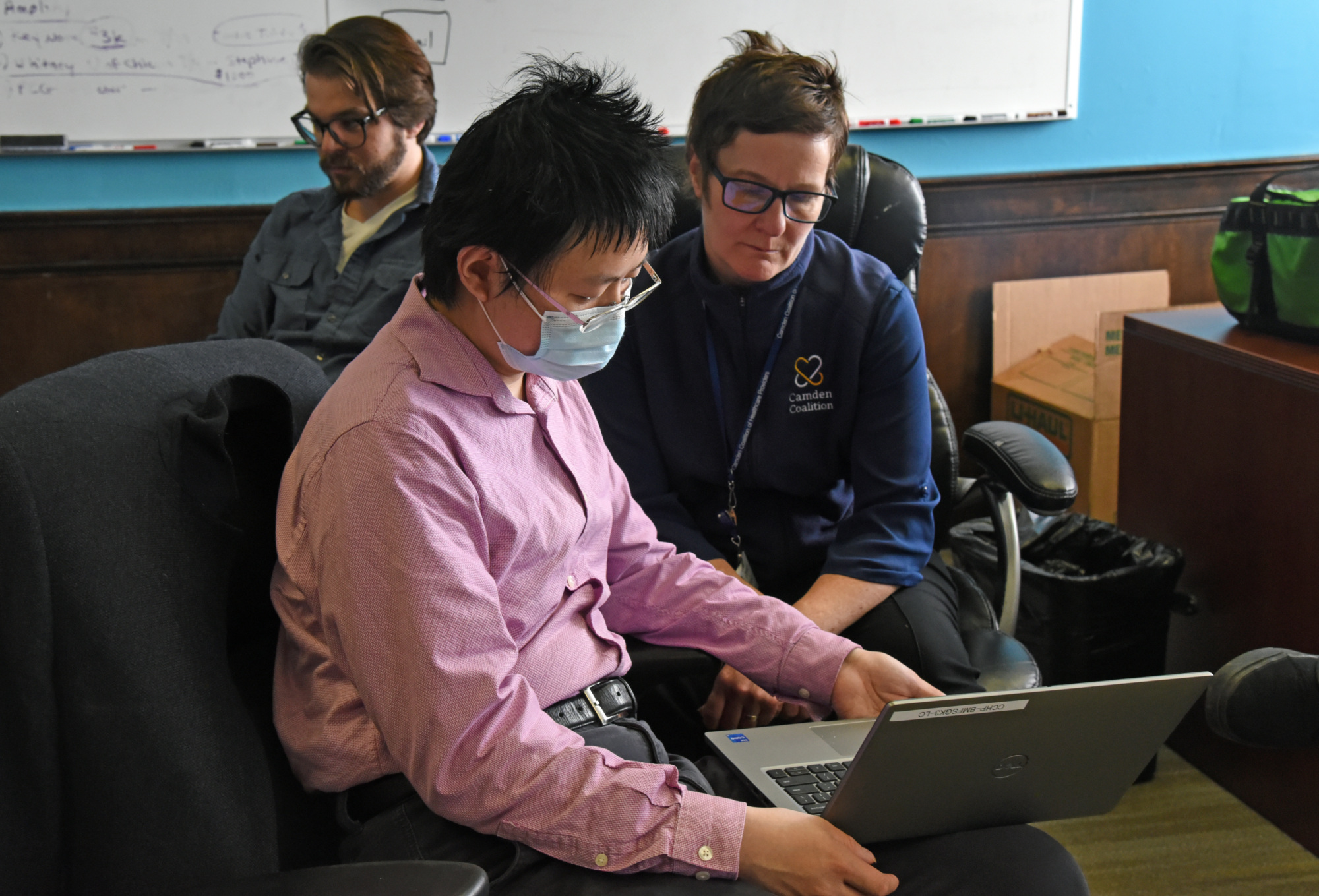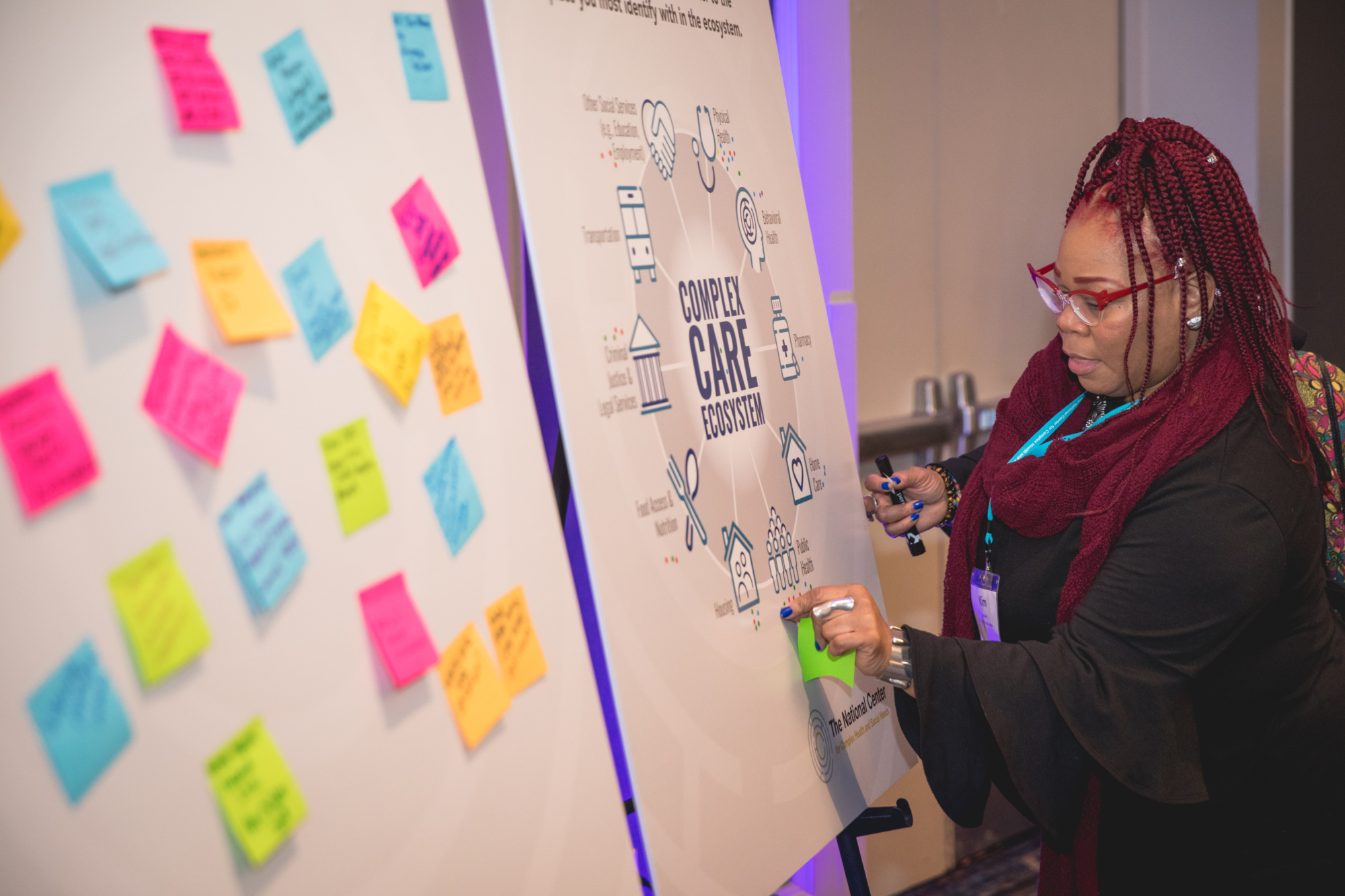
New addition to the Camden Coalition
The Camden Coalition is excited to announce that Purva Rawal, PhD has joined us as a Senior Advisor to help advance our mission to improve the health and well-being of people with complex needs by advancing equitable ecosystems of care. She is an internationally recognized leader in value-based care and system transformation, with over two decades of experience spanning government, academia, and the private sector. She will bring her experience in behavioral health, child welfare, Medicare and Medicaid policy, and health equity to inform the development, testing, and scaling of new tools and approaches that help align health, social and community-based services systems around the needs of communities and individuals. Most recently, Purva served as Chief Strategy Officer at the CMS Innovation Center.









